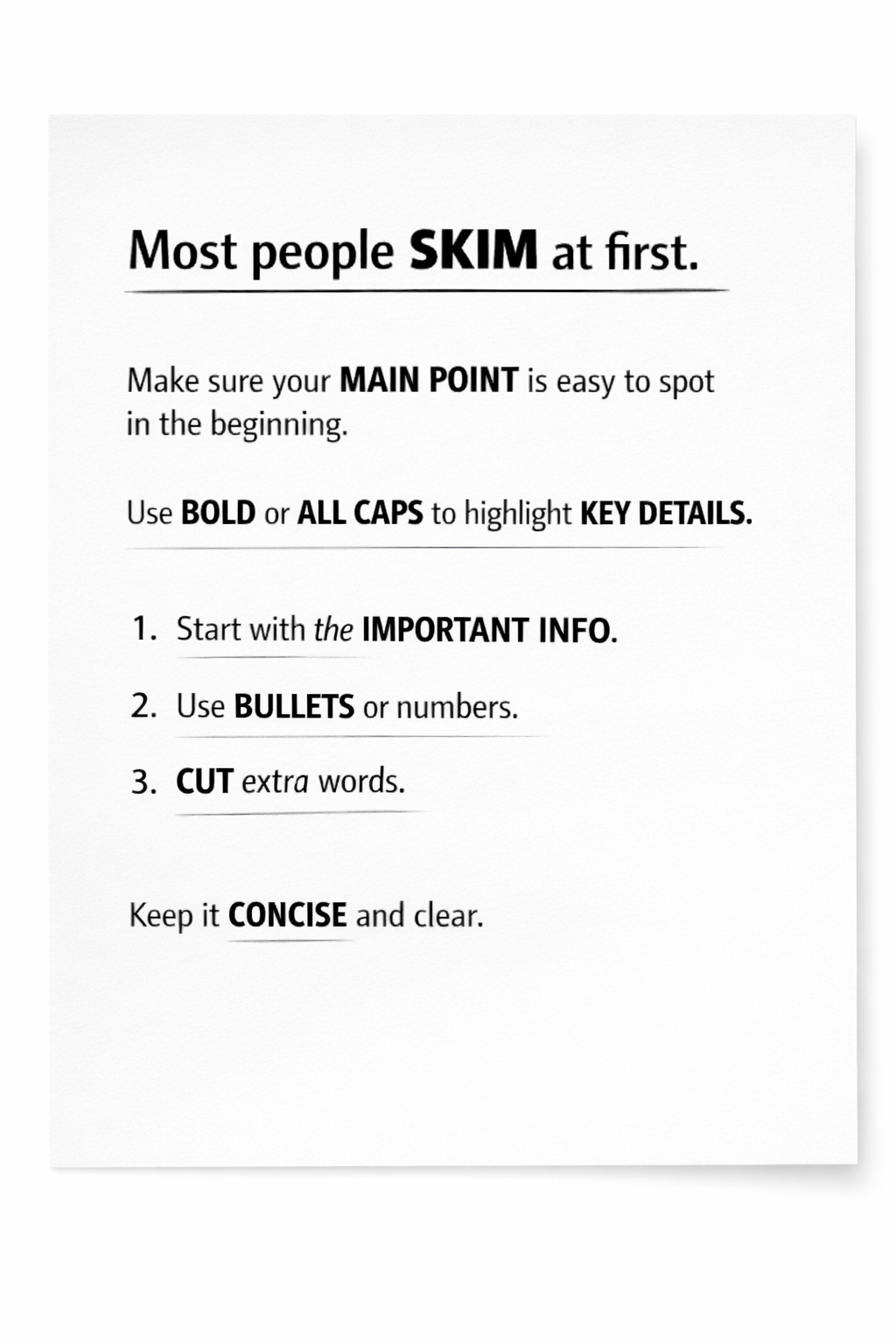Nib #041 — Benefits, not Features
Persuasive writing is all about communicating the value of your idea to your audience.
That’s the insight behind one of copywriting’s many mantras: “Benefits, not Features.” That is, don’t write about why a product or service is good or interesting or ingenious. Instead, focus on how it will help the customer.
The same principle applies to writing about politics and policy. No one is going to support your plan to reform the veterans health system or Pentagon procurement programs until they believe it will help them.
Political debates are not like school, where the audience — the teacher — was literally paid to read and care about what you wrote. In the real world, where people mostly ignore uninteresting debates, the job of the staffer, the activist, or the lobbyist is to make their debates interesting. And not in some abstract, Platonic sense, but interesting specifically to their targeted audience.
Why will higher or lower taxes help them? Why will more or less spending on a certain social program help them? Why will military intervention or nonintervention help them?
This is not a warning against wonkery. Arguments designed to persuade policy experts should be wonky, because that’s how to reach that audience. Just as arguments targeting ideologues, donors, politicians, young people, retirees, or journalists should cater to each group’s particular interests, identities, and opinions.
So next time you have to write a speech, letter, memo or oped about a bill or amendment, think less about why your boss voted Yea or Nay and think more about why the boss’s position helps your audience.
Until next week… keep writing!











